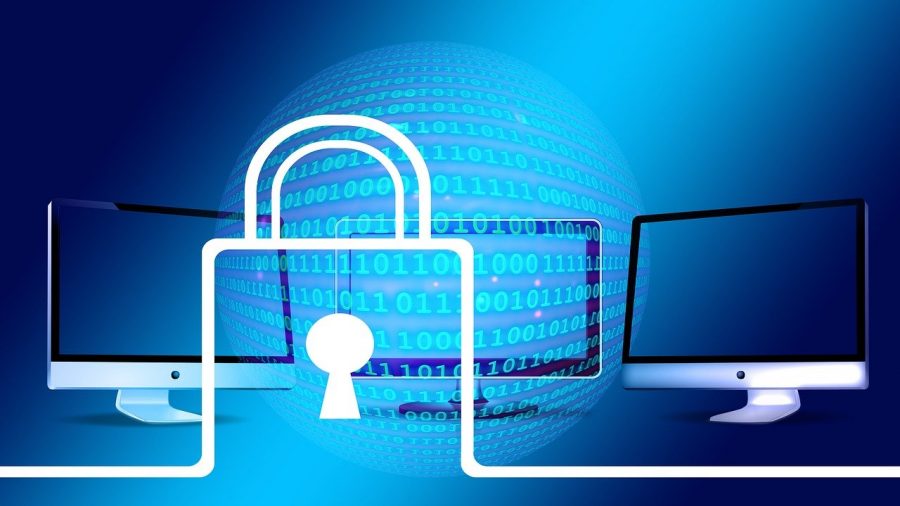Top 7 Different Ways to Ensure Yourself on the Web
What do you use the Internet for? Perhaps to keep up with the latest news. Perhaps it helps you shop, play poker online, and work. Or maybe it’s just a way to keep in touch with loved ones wherever they are.
But what can you say about how you use the Internet? We recently surveyed over 16,000 people across the planet to find out who is most likely to encounter scammers acting as support workers, and the result was stunning: young people are the most defenseless. Young people are bound to run into problems online and can lose money by trusting scammers.
1. Use Complicated and Special Passwords for All Records
If someone has a key to your house, they can enter and take everything of value out of every room. The same goes for passwords and Internet records. We choose over and over again passwords that are easy to remember, such as names or birthdates. If the secret word is easy to remember, intruders and hackers can get their hands on it without much difficulty. If you use the same simple secret words for different profiles on different sites, attackers can – and will – have access to all your data.
To securely keep different passwords for different accounts, use a set of secret phrases, or apps that generate this, and make sure to use a unique secret word for each entry, consisting of about 10 characters – uppercase and lowercase letters, numbers, and symbols.
2. Do Not Accept Invitations to Go to Third-Party Sites From Unknowing People Through Web Media
Not every person you meet online is who they say they are. Cybercriminals routinely create fake profiles to get favors and valuable data in any way they can.
If you are approached online with an unusual request to share personal information or ask for cash, you should be vigilant. If possible, search for the person’s data to find out if they are who they say they are. Are you still unsure of the person’s identity, but still want to accept their offer to be a companion? To protect yourself, limit what the person sees on your profile using security settings.
Remember that the same principles apply online as in real life: don’t share sensitive and individual data with outsiders.
3. Activities Online Can Have Outcomes, All Things Considered
Think of the Internet as a public place, like a town square or a walkway: anyone can see what you post and enlighten others about it, regardless of whether the data is intended for a narrow circle of people and whether you allow it to be shared.
Before you post anything online, ask yourself: Do you need your bosses, customers, and family members to know about it? Indeed, even data such as your relationship status or street number, which may seem harmless, can become a weapon in the hands of dishonest people.
4. Secure Delicate and Individual Data
Unfortunately, with few exceptions, there is no “erase till the end of time” button for content posted online. Everything you post online – every photo and every comment – will probably stay there until the end of time. Whether or not you erase your post, you can’t be sure that others haven’t made duplicates or shared your information with other organizations. So don’t post anything online that you don’t want others to see.
5. Watch Where You Click
The strategy of cybercriminals is to get you to download crimeware projects and viruses that allow attackers to take over your data. Such projects can take the form of anything from a famous game to an email from tech support.
Try to avoid downloading applications that seem unusual or are from a little-known site. Not sure if the email is genuine? Ask yourself related questions: Does the sender not have a questionable email address? Is the usual greeting used? Are there any spelling errors? Is the creator of the email trying to induce the need to keep going?
If you’re still unsure, contact the organization listed in the email through true channels, such as a website or media page. In any case, it’s better to check and double-check than risk your safety.
6. Update Security Settings and Programs Against External Intrusions
If you don’t update your security, hackers will eventually find ways around it.
Be sure to install the latest updates to your work environment and check the security settings of the apps and programs you use.
7. Continuously use Protected and Private Networks
Using public networks, such as in-store Wi-Fi, can’t affect the security of your association.
If you can’t create a protected network or guarantee the safety of your gadget, don’t transfer sensitive data. It’s wiser to postpone connecting to a protected organization until you’re at home.
Share It on :





